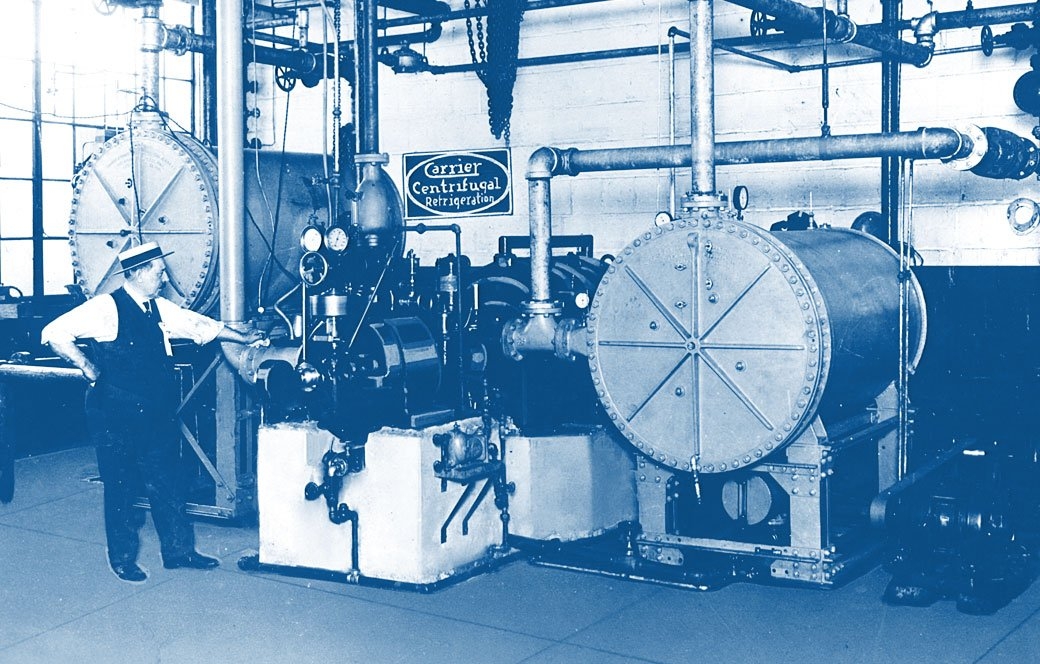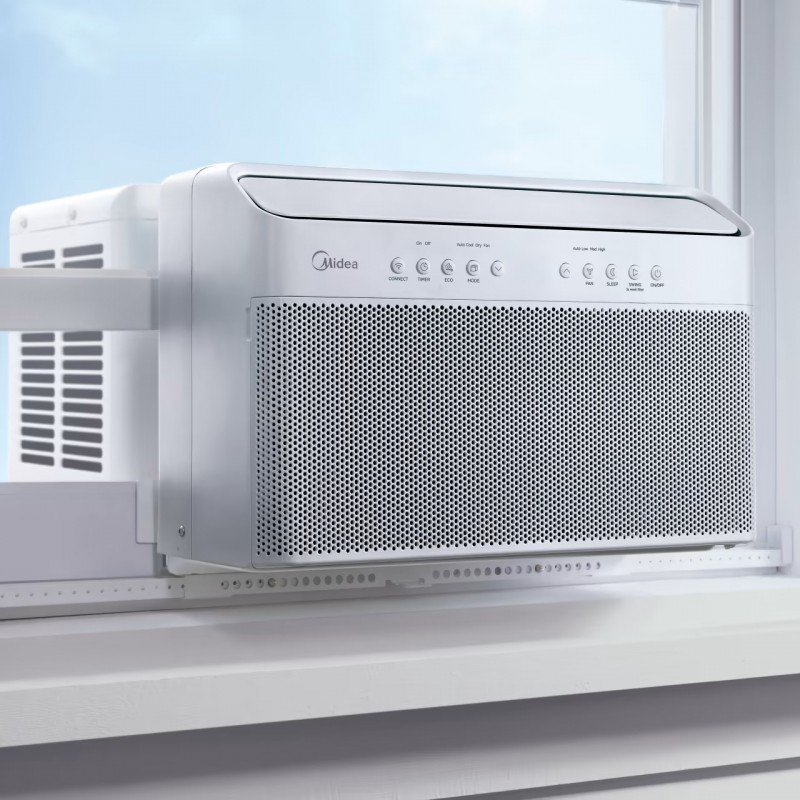What is the First Air Conditioner ever Made in History?
 |
| Air conditioner - the invention "cooling" the history. Photo: Airple |
As summer approaches, bringing with it soaring temperatures and unbearable humidity, millions of people will turn on that marvel of discovery and invention – the air conditioner.
These comfort units that homeowners activate with the ease of flipping a switch are complex electromechanical systems, the end products of nearly a century of engineering development in cooling, thermodynamics, controls, and energy efficiency. It can be said that air conditioning/refrigeration was one of the 10 greatest mechanical engineering achievements of the 20th century, as cited by The American Society of Mechanical Engineers.
At the turn of the 20th century, humidity threatened the reputation of Brooklyn’s Sackett-Wilhelms Lithographic and Publishing Company’s high-quality colour printing. After two summers of extreme heat disrupted business and caused swelling pages and blurry prints, the printing company found that a nascent cooling industry could offer help, Smithsonian Magazine cites.
The concept of air cooling also intrigued the great American inventor and statesman Benjamin Franklin, who in 1758 conducted experiments with evaporation and alcohol to attain freezing temperatures.
Willis Carrier: The Father of the Air Conditioner
A 25-year-old experimental engineer, created a primitive cooling system to reduce humidity around the printer. He used an industrial fan to blow air over steam coils filled with cold water; the excess humidity would then condense on the coils and produce cooled air.
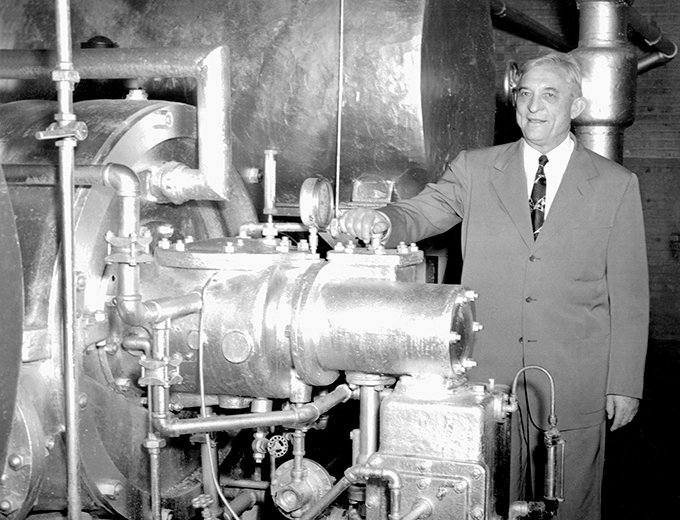 |
| Willis Carrier and his mechanical air conditioning system. Photo: Wired. |
Even Carrier knew that his initial intention was not the most effective way to control humidity and continued tinkering with the technology. By 1922, Carrier had created the safer, smaller and more powerful Centrifugal Refrigeration Compressor, the precursor to modern air conditioning. At the Smithsonian’s National Museum of American History, one of the first practical centrifugal refrigeration compressor’s dating to 1922 is held in historic recognition of Carrier’s feat.
Experts are quick to point out that crediting Carrier as the father of modern cooling technology would overlook decades-long efforts by other inventors who used refrigeration to make hot days more productive or comfortable, though. Long before Carrier was even born, University of Glasgow professor William Cullen evaporated liquids in a vacuum thus creating refrigeration technology as early as 1748.
More than 100 years after that, John Gorrie, a Florida doctor, used a small steam engine to cool air so that his patients suffering from tropical illnesses could be more comfortable. Gorrie called his invention an “ice machine.” New machinery that could produce cool temperatures would seem like an exciting proposition during the Industrial Revolution, but Gorrie’s efforts to patent and popularize his invention were thwarted. Northern icemakers who profited from shipping ice to the South lobbied against Gorrie and benefited from a public sceptical of the artificially cooled air produced by Gorrie’s ice machine.
The Invention That Changed the WorldOn July 17, 1902, a young research engineer initialed a set of mechanical drawings designed to solve a production problem at the Sackett & Wilhelms Lithography and Printing Company in Brooklyn, New York. These were not the first drawings that 25-year-old Willis Carrier had prepared on behalf of his new employer, the Buffalo Forge Company. Since graduation from Cornell University a year earlier, this modest but gifted engineer had turned out designs for a heating plant, a lumber dry kiln and a coffee dryer, among others. Such products were the stock-in-trade of Buffalo Forge, a respected supplier of forges, fans and hot blast heaters.
The problem began with paper. In the spring of 1902, consulting engineer Walter Timmis visited the Manhattan office of J. Irvine Lyle, the head of Buffalo Forge's sales activities in New York. Timmis' client, Sackett & Wilhelms, found that humidity at its Brooklyn plant wreaked havoc with the color register of its fine, multicolor printing. Ink, applied one color at a time, would misalign with the expansion and contraction of the paper stock. This caused poor quality, scrap waste and lost production days, Timmis said. Judge magazine happened to be one of the important clients whose production schedule was at risk. Timmis had some ideas about how to approach the problem but would need help. Was Buffalo Forge interested? |
“That system was so revolutionary that he died pennilessly. He simply couldn’t get anyone to believe that it worked,” Basile says.
And while Americans had long built fires inside their homes to keep warm for centuries, the idea of a cooling system was a completely different beast. The Smithsonian’s Peter Liebhold says efforts to control one’s environment also raised moral questions, Smithsonian Magazine cites.
“There was this notion that trying to control the environment was going against God’s will,” says Liebhold, a curator in the division of work and industry at the National Museum of American History.
But air conditioning was slowly gaining acceptance and Carrier was making inroads. Maybe the world was just hot and ready for relief, but the young, charismatic engineer proved successful as an evangelist for the cooling industry. Basile writes that unlike many Americans in the early 1900s, whose “unbendingly Victorian” attitudes were rattled by the turn-of-the-century’s explosion of new machinery and technology, Carrier was a recent engineering graduate eager to rely on emerging science and mechanics and the business world was ready.
Manufacturers of everything from leather to macaroni were acutely aware of how changing weather conditions threatened their product, and Carrier’s equipment garnered more interest with enthusiastic press coverage. In the summer of 1906, the publication Louisiana Planter and Sugar Manufacturer wrote that “the hot summer days now prevailing make one wonder why ventilation with cool currents has not been thoroughly well exploited before these days.”
While air conditioning was taking the industrial sector by storm, it was the movies that managed to introduce the general public to cooled air.
Nickelodeons had long offered cheap entertainment to the public, but the small, dark, enclosed spaces were known for smelling of stale air and sweat. In an effort to seek the patronage of middle and upper-class viewers, Carrier’s technology soon became a popular feature in movie theatres.
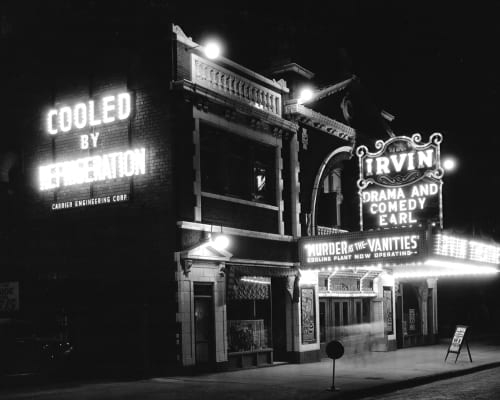 |
| Photo: Carrier. |
| It wasn’t until the mid-20th century when the country was eager to emerge from the shadow of war and embrace a new vision of prosperity, that air conditioning became a fixture of American households. The technology was described as a prewar luxury that was being manufactured in large quantities and sold at a moderate cost in the postwar mass market. |
History Of Air Conditioner and Refrigeration
- 1820 Ice was first artificially made as an experiment.
- 1824 Michael Faraday discovered the principles for the absorption type of refrigeration.
- 1834 Jacob Perkins invented the first artificial ice manufacturing machine which led to our modern compression systems.
- 1902 Willis Haviland Carrier invented the first air conditioner to control the temperature and humidity of a printing company, marking the first time effort taken to control the temperature of the surroundings. This starts the history of air conditioning.
- 1906 Stuart W. Cramer come out with the term "Air Conditioning." which was later adopted by Carrier.
- 1913 The first international refrigeration expo is held in Chicago.
- 1928 The discovery of Freon refrigerant by Thomas Midgley, Jr.
- 1930 The White House is air-conditioned.
- 1946 The demand for room air conditioners began to increase with more than 30,000 units produced on this year.
- 1953 Room air conditioners sale exceed 1 million units. This is another key milestone in the history of air conditioner.
- 1953 The Refrigeration Equipment Manufacturers Association and The Air-Conditioning and Refrigerating Machinery Association are formed.
- 1957 The first rotary compressor was developed hence making air conditioning units smaller and more efficient compared to the reciprocating type.
- 1977 Heat Pumps equipment developed that allows cooling and heating cycle using the same machine that can be used to provide cooling during summer and heating during winter.
- 1987 Montreal Protocol signed to protect the earth's ozone layer is signed in Montreal, Canada. The Protocol establishes international cooperation on the phase out of ozone depleting substances, including the chlorofluorocarbon(CFC) refrigerants used in HVAC equipment.
- 1990 Microprocessor control systems are used in all areas of refrigeration and air conditioning due to the readily available semiconductor technology.
- 1992 The R-22 Alternative Refrigeration Evaluation Program (AREP) starts to find alternative refrigerants to R-502 and R-22.
- 1995 Chloroflourocarbon (CFC) manufacturing in the USA ends on December 31.
- 1997 Kyoto Protocol signed to protect the earth's climate by reducing greenhouse gases that cause climate change.
- 1998 Unitary air conditioners and heat pumps set a sale record of more than 6 million units.
- 2007 A State Council issued a circular to restrict the temperature of air conditioning in public buildings to 26°C (78°F) or higher during summer and 20°C (68°F) and lower during winter. Sale of low efficiency air conditioning units are also outlawed.
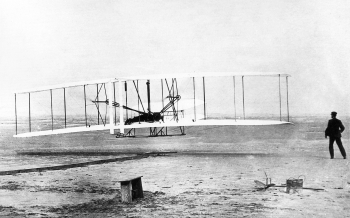 What is the First Airplane ever Made? What is the First Airplane ever Made? When you think of the first airplane, who do you think about? KnowInsider will figure out the answer for you right now! Read this article ... |
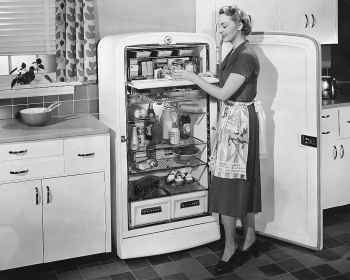 What is the First Fridge Ever Made in History? What is the First Fridge Ever Made in History? The fridge has become one of the essential appliances in daily affairs. Have you ever wondered about the history of the fridge? What is the ... |
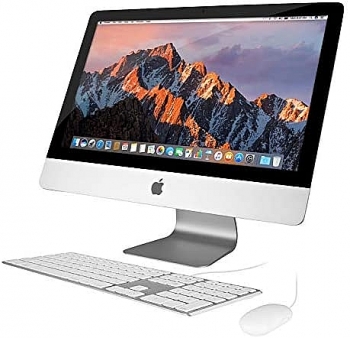 What is the first computer ever made in history? What is the first computer ever made in history? Compter has become one of the essential devices in daily affairs. Have you ever wondered about the history of the computer? What is the first ... |

